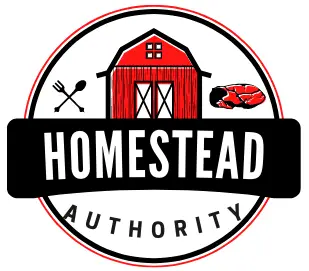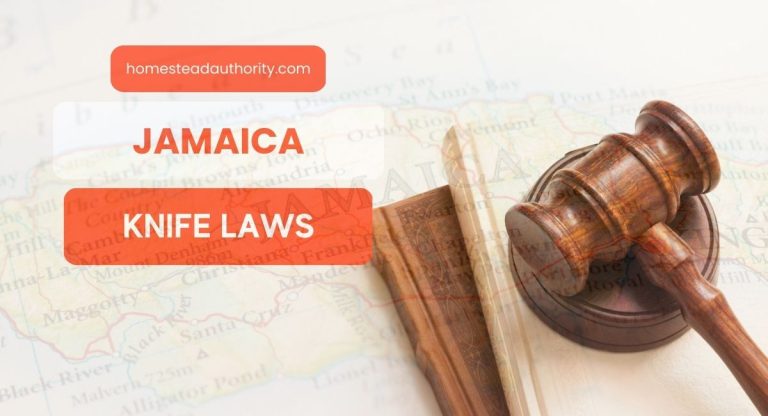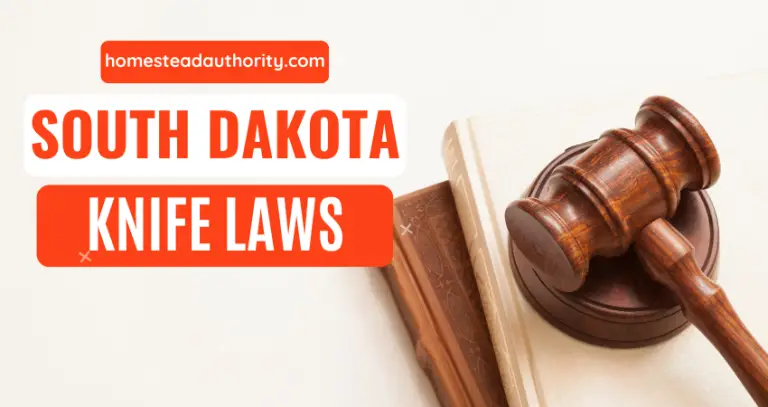Navigating Vermont’s Knife Laws: What You Need to Know
Vermont is a peaceful land of open fields and beautiful mountains, but when it comes to transgressing, one can expect fines of several thousand dollars and prolonged imprisonment.
Now, if you ask if I can carry a knife in Vermont, the answer is that it depends on your intent. It is allowed if you have a knife without the intention of harming others or breaking the law.
Otherwise, you can be in hot waters if you violate the law.
In fact, the Vermont knife laws are straightforward but let us explain them to you in more easy words.
So let us see what the Vermont knife law holds for you:
Highlights
- Statewide Preemption: Municipality governmental bodies do not have the authority under state law to prohibit the ownership of weapons.
- Concealed Carry: You can carry a knife covertly or openly unless it is not a switchblade with more than 3-inches blade length.
- Schools: Possessing a deadly weapon on school grounds, school buses, or school facilities is not permitted.
- Critical Dimensions: Any switchblade or automatic knife must not have a blade length of more than 3-inches.
List Of Knives Illegal To Possess
Below are the illegal knives and weapons that Vermont State forbids:
- The Green Mountain state does not allow to own, buy, sell or offer a switchblade comprising at least 3-inches long blades.
- The Vermont law does not allow to own a brass knuckle with the intent to harm another person.
- Blackjacks are likewise not allowed in Vermont with intent to harm another person.
- Slung shots are also forbidden in Vermont with possible intentions to harm another person.
List Of Knives Legal To Possess
The knife laws in Vermont have legalized the following knives:
- Any type of pocket knife is allowed.
- Knives concealed under objects like pens, canes, lipstick, belt buckles, etc., are legal.
- Butterfly knives such as Benchmade or Balisong are okay.
- Large single-edged blades like bowie knives and others are acceptable.
- Using dirks, daggers, stilettos, and other double-edged blades is permissible.
- Weapons used in martial arts, such as throwing knives, stars, and nun chucks, are permitted.
- Knives for hunting, fishing, or other general use are allowed.
- Any kind of undetectable knife is acceptable.
Knife Possession Laws In Vermont
According to 13 V.S.A. § 4013
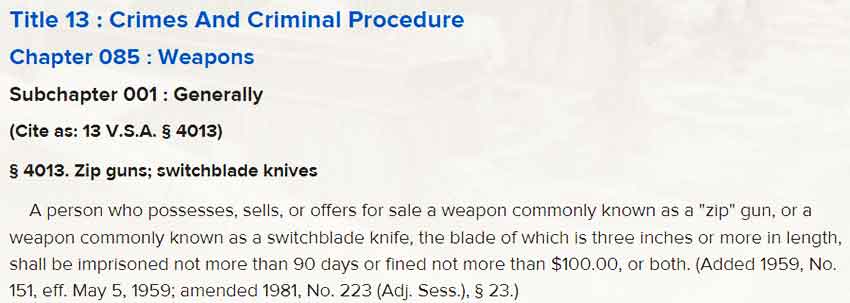
In Vermont, it is strictly forbidden to own, advertise for sale, or trade a switchblade knife with a blade length of three inches or longer.
Most States regularly prohibit knives like switchblades and other automatic knives.
But in Vermont, the legislation is more explicit and concise and states that a switchblade is prohibited if its blade measures three inches or more.
Switchblades, on the other side, can be owned if the length of the blade is less than three inches.
Punishment
Anyone who disobeys the knife possession law in Vermont shall be subject to:
- A sentence of up to three months or 90 days in prison; or/and
- A penalty of up to $100.00
Brass Knuckles, Slungshots Law In Vermont
Although you might think it is inappropriate to mention slungshots and brass knuckles, we want to cover everything that comes under the term Deadly weapon.
So according to 13 V.S.A. § 4001
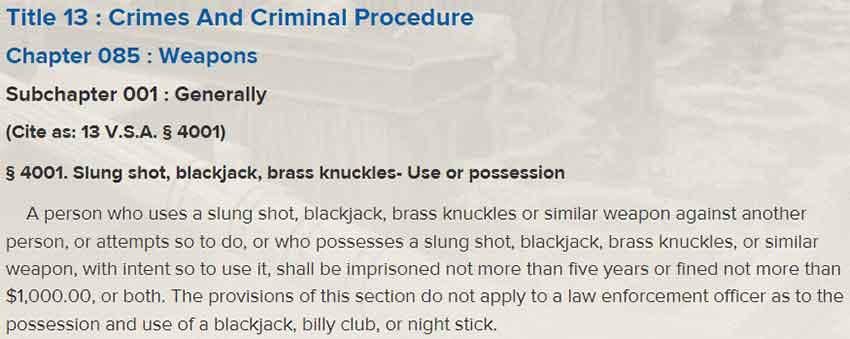
The law clearly forbids slung shot, brass knuckles, and any identical weapon possession or use with an intent to harm another person.
Now you might ask that the Vermont law only penalizes for switchblade’s (more than 3-inches) possession why can you encounter legal consequences for slung shot and brass knuckle?
According to section 4013, the law clearly forbids switchblades (more than 3-inches) in any kind of activity, be it selling, buying, or possessing.
While section 4001 allow to possession of or use slung shot, brass knuckle, and another similar weapon unless you do not intend to harm other individuals.
Also, note that you will most probably be in infringement of this law if you carry a blade with an attached knuckle duster or entire handguard in public or while concealing it.
You can encounter legal consequences upon carrying a such a weapon as you might be assumed to cause harm to others.
Moreover, any law enforcement officer is permitted to carry such deadly weapons.
Legal Penalties
You can expect 5 years imprisonment and/or not more than a $1000 fine upon breaking the law.
Knife Carry Laws
According to 13 V.S.A. § 4003
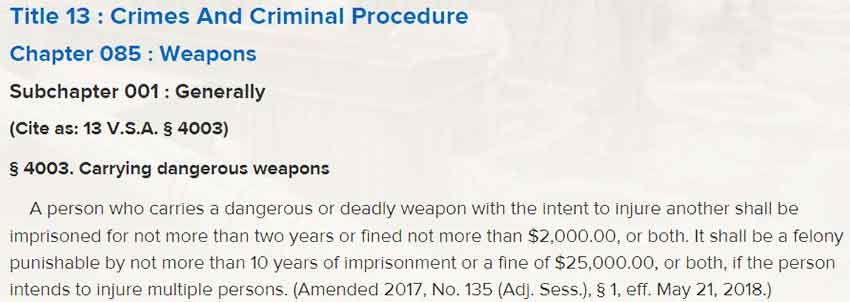
So as per state law, it is obvious you cannot carry any deadly or dangerous weapon, neither concealed nor openly, in Vermont. Doing otherwise, you can encounter legal penalties.
Moreover, weapons classified as dangerous or lethal are those that have the potential to cause significant physical harm or, perhaps, death.
You can find the detailed definition of a deadly weapon after this section.
In short, it is forbidden to carry knives in Green Mountain’s state with the intention of killing or injuring someone.
Additionally, an individual is not allowed by law or by the authorities to carry dangerous weapons on the premises or facilities of any State institution and schools.
Moreover, you are not permitted to have a deadly weapon on any under-construction state property or land as well.
Legal Penalties
Anyone who disobeys this legislation will be punished by:
- A sentence of up to two years in jail and/or
- A fine that is no higher than $200.00
Legal Definition Of Deadly Weapon
A dangerous or deadly weapon is not defined under the Vermont statute, but the courts have done so in a few instances.
State v. Lupien Case 1983
The Judiciary of Vermont ruled in the State v. Lupien, 143 Vt. 378, 466 A.2d 1172 (1983) that a knife is a dangerous weapon because it was used or was planned to do serious physical harm to the victim.
Moreover, the potential of a weapon to cause physical harm is sufficient to determine if it is deadly or not.
State v. Turner In 2003
In another case, State v. Turner, 859 So. 2d 911 (2003), the Vermont judiciary regarded a legal knife as illegal.
During the ruling, the court penalized Mr. Turner for using a 3-inch long knife to stab the victim, causing him a serious wound.
Considering the law, a knife with a 3-inches blade is allowed, but in this case, the attacker’s intentions were illegal, so he was penalized for carrying a knife.
State v. Kuzawski 2017
In the State v. Kuzawski, 181 A.3d 62 (2017), the Vermont Supreme Court sustained the judgment in a situation where the dangerous weapon was a box cutter.
The Kuzawski case does not prove that all box cutters or other instruments of similar nature are lethal or hazardous weapons.
But in this case, by placing the object on his girlfriend’s kid, who was 6 years old, Kuzawski threatened her life. And for that reason, he encountered legal consequences.
Deadly Weapon Law
So if an item is a dangerous weapon, it is not determined by its fundamental use or purpose.
If the weapon is not designed to cause harm or serve other lethal purposes but is used in illegal activities, it will be deemed deadly or dangerous.
So as you can understand, according to the law, nobody is allowed to sell or otherwise provide a deadly weapon without a parent or guardian’s permission to a minor or youngsters under 16 years of age.
However, they have also included an exception in the law. If a teacher or instructor provides a student with a deadly weapon for instruction or educational purposes, they will not be penalized.
Simply put, it is acceptable if a martial arts instructor offers a nun chuck or star knife to a student (under sixteen).
Knife Laws For The Minors In Vermont
Although knife laws in Vermont are flexible for adults, they are not for minors. According to 13 V.S.A. § 4007 : Furnishing firearms to children,”.
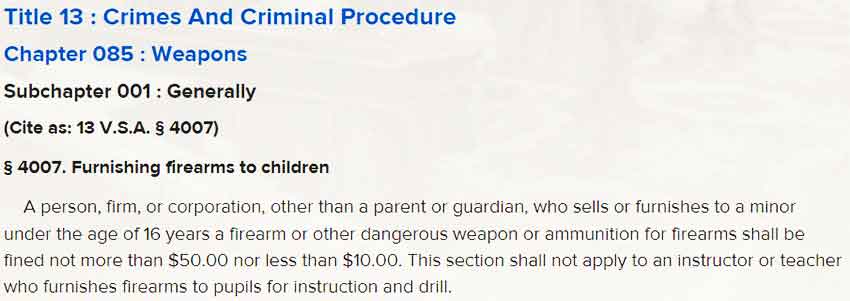
Knife Laws In The Schools
The Vermont Deadly weapon law is very precise when it comes to schools.
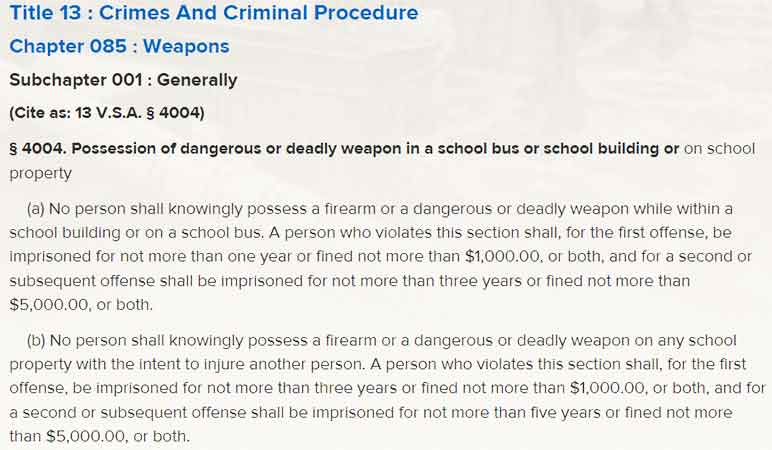
According to Vermont law, carrying or possessing any dangerous knife intended to cause harm or injury to someone is entirely forbidden on school property.
And the school property does not imply the school building only; it also applies to school buses and other resources.
However, if the school administration allows or consents to someone to carry a weapon or knife for instructional or other purposes, they can have the knife.
Moreover, any law enforcement officer (while on duty) is also eligible to carry the knife.
Legal Penalties
Individuals who break this law face a maximum sentence of three years in jail, a maximum punishment of $1,000, or both for a first offense.
And a sentence of five years atmost in prison, a maximum fine of $5,000, or both for a second or subsequent crime can be expected.
Knife Laws In Courthouses
No one can carry a knife, firearm, or other dangerous weapons to the courthouse.
However, if the court authorizes somebody to take a dangerous weapon, it is allowed to have a knife or firearm in the courthouse.
Legal Penalties
If somebody intentionally carries a knife or other dangerous weapon within the courthouse premises, they can spend one year behind bars and/or be fined $500.
Carrying A Knife In a Car
If you ask, can I carry a knife in a car in Vermont?
Yes, you can have it unless you meet the Knife possession criteria. You will not be penalized if you take a knife or switchblade knife with a blade less than three inches long.
However, if you happen to be caught with illegal intentions of carrying a (legal) knife in a car, you can find yourself in trouble.
FAQs
We mentioned everything that comes under the Vermont knife laws, but below we are mentioning some of the most common questions that you may ask:
What size knife is lawful to carry in Vermont?
Switchblades with blade lengths of three inches or more are prohibited in Vermont, as was noted earlier. Therefore, the legal knife length in Vermont for switchblade knives would be less than three inches.
Other knives do not need to have a specific blade length to be considered legal.
Are there any Preemptions on Knife Carrying in Vermont?
In Vermont, there is no preemption. If you are roaming around Vermont, you will be held responsible for local county and city laws, even though Vermont’s state laws are fairly lenient.
You should know that Vermont is not very flexible if someone is found guilty of a misdemeanor. So it is smart to do your homework and research properly before traveling.
Final Words
Whenever it refers to the possession and carrying of knives, Vermont is one of the more liberal states in New England.
The only significant limits are those on switchblades, which are illegal to own, and trade if their blades are three inches or longer.
Additionally, due to a general ban on brass knuckles, any knife with an incorporated knuckleduster-style handguard will likely be prohibited.
Apparently, there are no preemption laws in the state. Therefore you must observe the local laws wherever you are lodging or commuting.
But you will not run into too many issues in Vermont as you can follow these few limitations. And do not have to deal with obscene local regulations.
